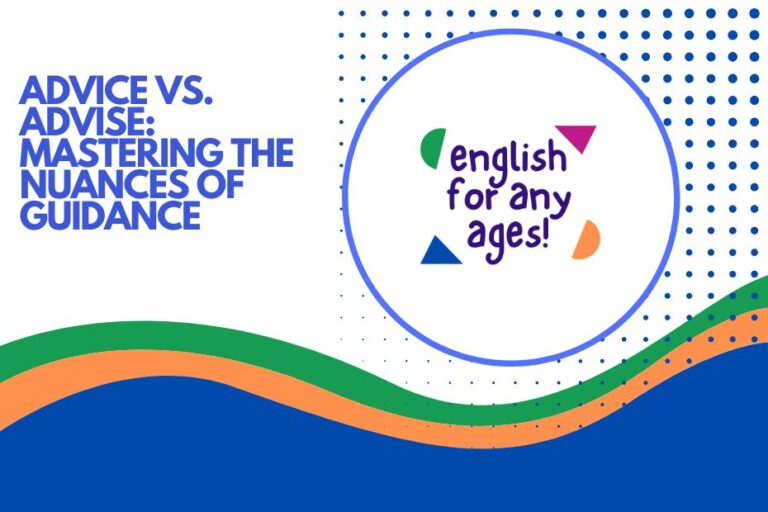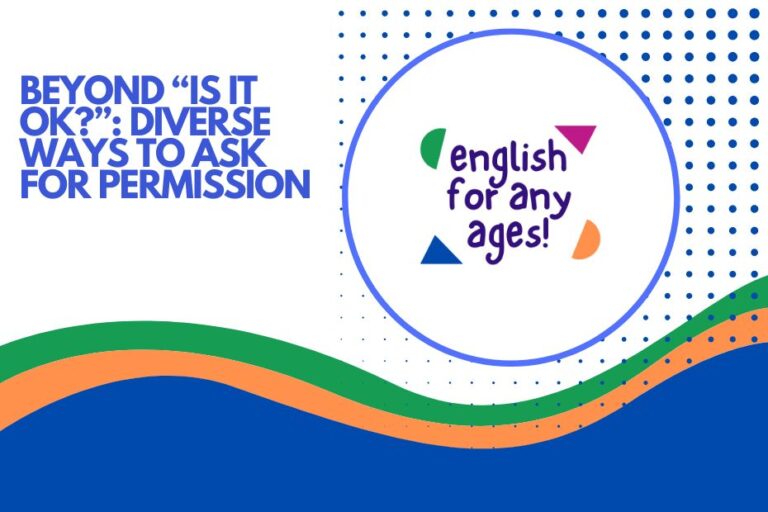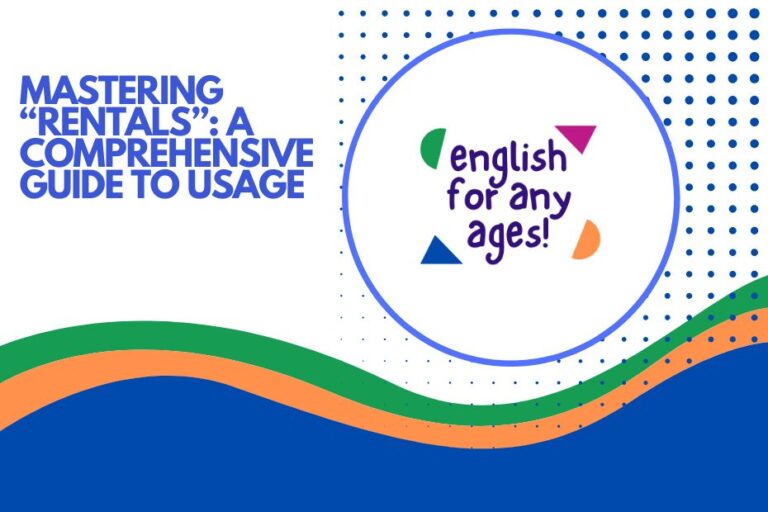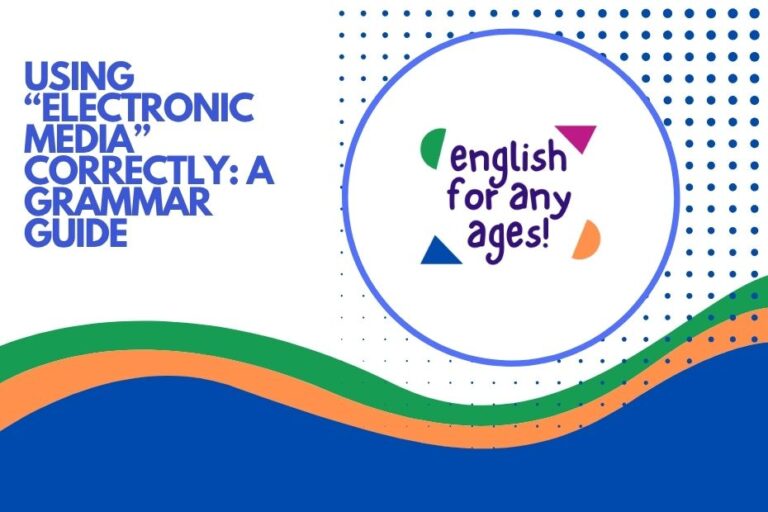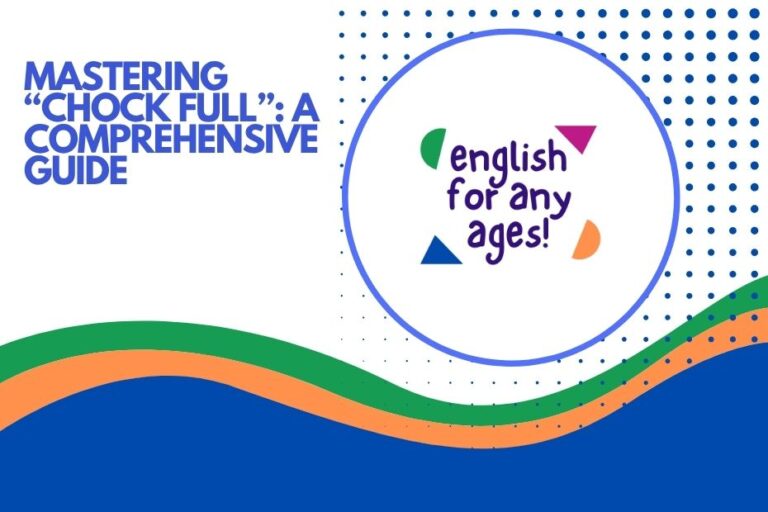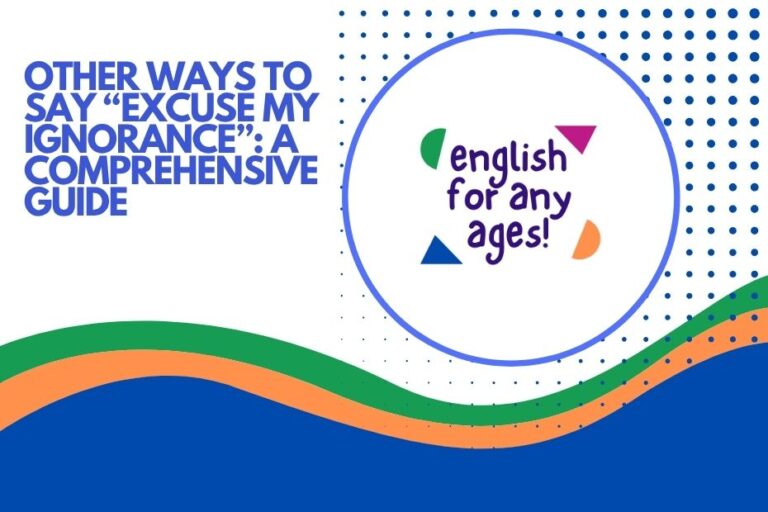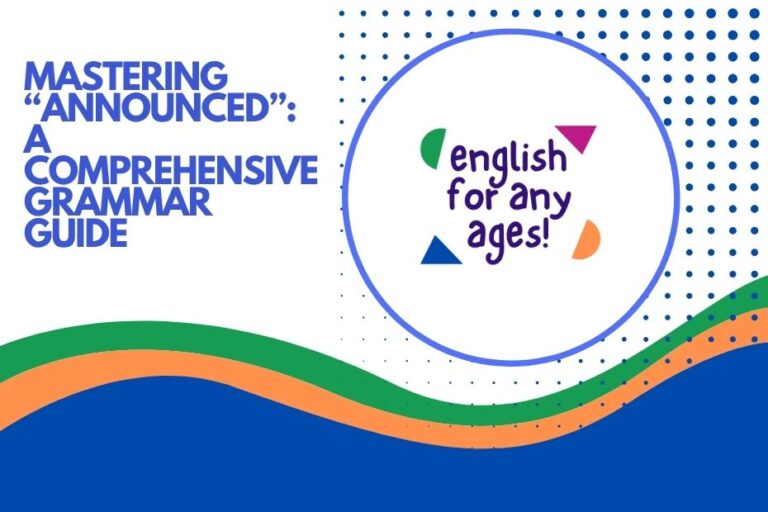Alternative Ways to Say “I Would Like to Bring to Your Attention”
Effective communication is crucial in both professional and personal settings. The phrase “I would like to bring to your attention” is commonly used to introduce important information, but overuse can make your language sound repetitive or overly formal. This article explores a wide range of alternative phrases that convey the same meaning with varying degrees…


